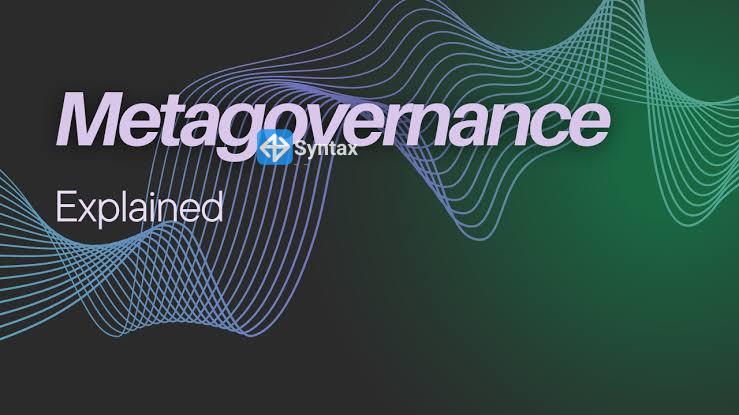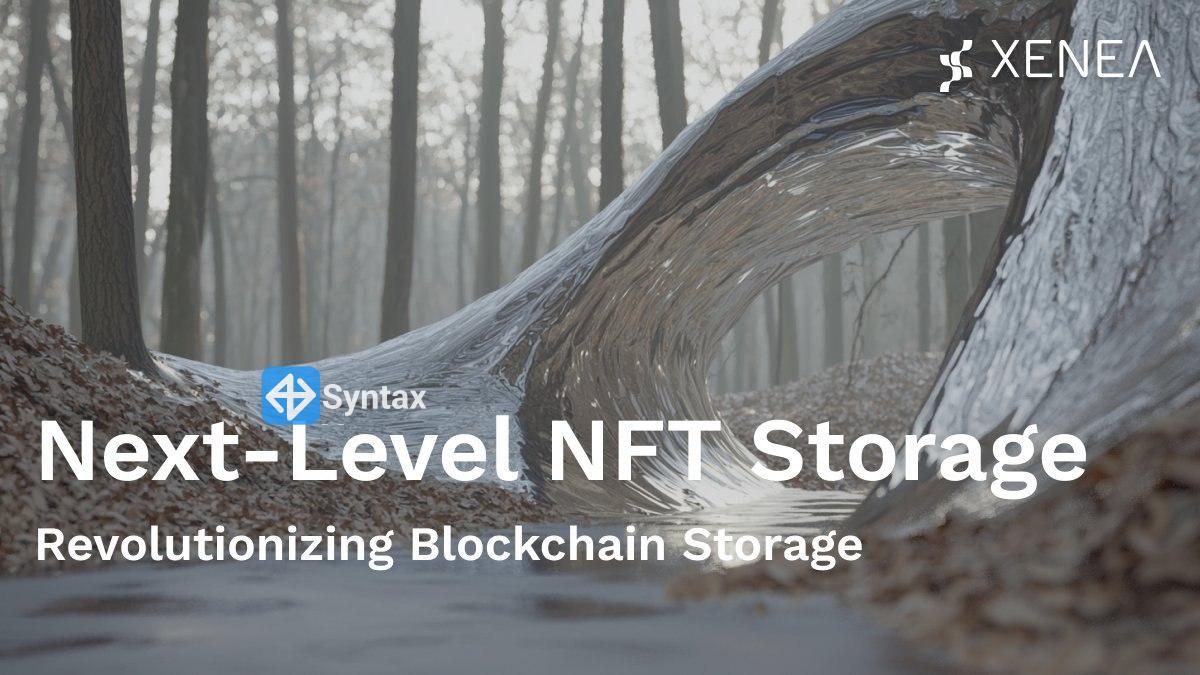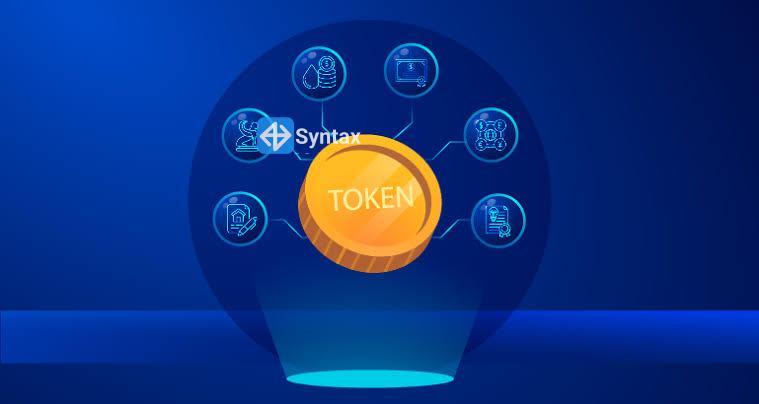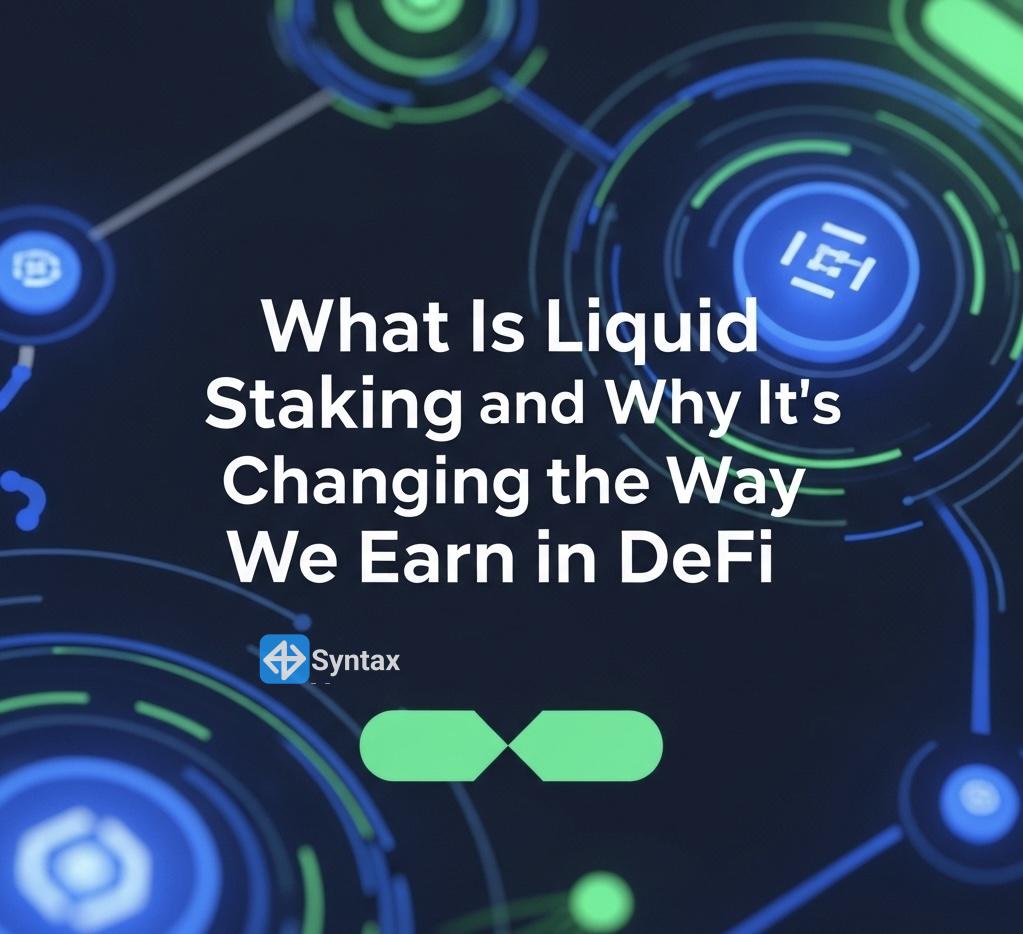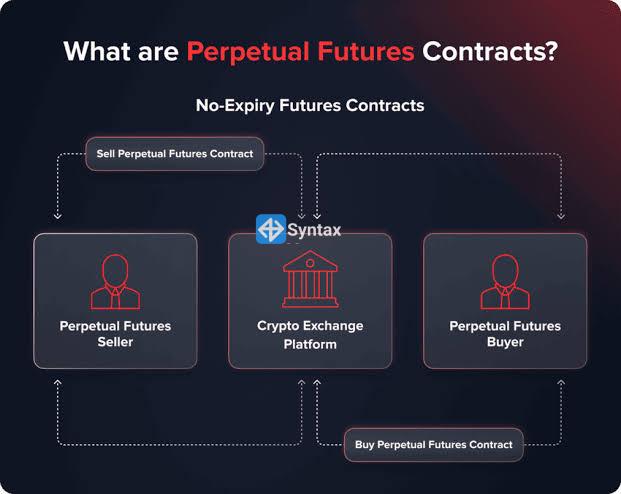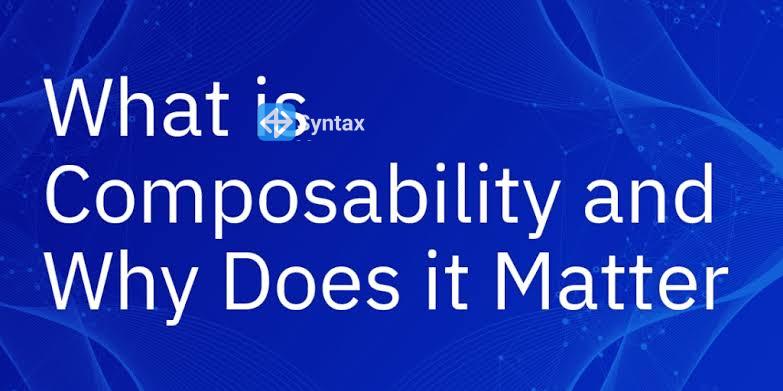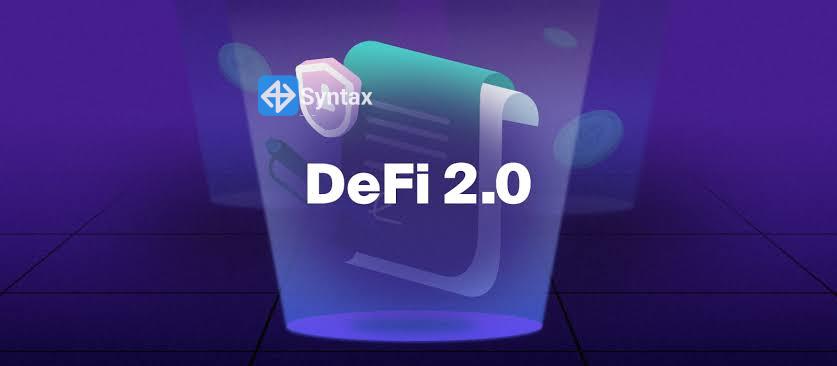Crypto staking is the process of locking up your digital coins on a Proof-of-Stake (PoS) blockchain to help validate transactions and secure the network, earning you rewards in the form of more cryptocurrency in return
It's an alternative to mining used by networks like Ethereum to achieve consensus and is an environmentally friendly way to earn interest on your crypto holdings by putting them to work for the network.
How Crypto Staking Works
- Locking Funds: You lock up a certain amount of a cryptocurrency into a wallet to support the network.
- Validators: This act qualifies you as a validator, who is then responsible for creating new blocks of transactions and confirming their accuracy.
- Rewards: In exchange for this work, the network rewards you with more of the same cryptocurrency. The more you stake, the higher your chances of being selected to validate transactions and earn rewards.
Key Aspects of Staking
- Proof-of-Stake (PoS): Staking is fundamental to Proof-of-Stake blockchains, which use economic incentives rather than computational power to secure the network.
- Network Security: Your staked funds act as collateral, incentivizing you to act honestly and truthfully to ensure the network's integrity.
- Environmental Friendliness: PoS is a more energy-efficient and "greener" alternative to Proof-of-Work (PoW) systems, which require significant processing power.
- Earning Passive Income: Staking allows you to earn a steady stream of rewards, similar to earning interest on a savings account, which can help grow your crypto holdings over time.
Risks to Consider
- Price Volatility: The value of your staked crypto can decrease, leading to losses.
- Lock-up Periods: Some cryptocurrencies require you to lock up your funds for a set period, during which you cannot access them.
- Slashing: In some PoS systems, if a validator acts maliciously or makes mistakes, a portion of their staked coins can be "slashed" or taken away as a penalty.
- Third-Party Risks: If you stake through a third-party service, you risk losing your funds if the platform becomes compromised or disappears.




